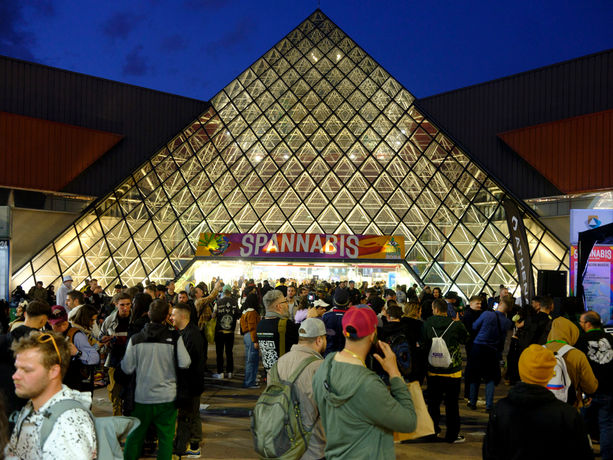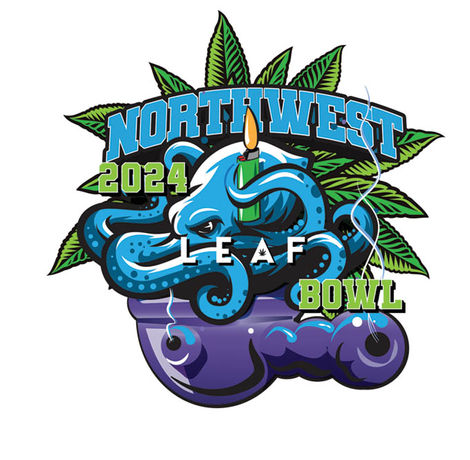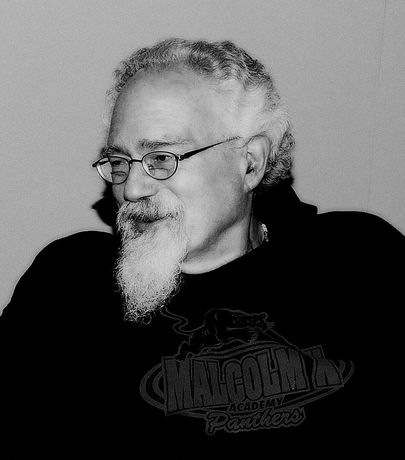Marie Montmarquet | Co-Founder | MD Numbers, INC | Salinas, California
What does equality in the Cannabis industry mean to you?
Equality in Cannabis means replicating the legacy market into the compliant Cannabis market – giving those who have been over-persecuted and who have risked their lives to consume and distribute Cannabis for decades, the chance to do so legally. The same politics that supported arresting minorities has yet to put that same vigor behind social justice.
What needs to change about the Cannabis industry as it relates to equality/equity?
Right now, Cannabis in the United States of America is only for the privileged. There are still over 40,000 people currently incarcerated for Cannabis charges. And it is still used as a war on minorities throughout this country. Compliant Cannabis has turned into a local and state cash grab. There’s no compassion for small business or legacy operators. The barriers to enter the compliant space are nearly impossible for those who have been negatively impacted by the War on Drugs.
What is the Cannabis industry getting right in terms of equality and equity?
Equity programs. We have established equity programs in most of the larger cities. And we are working on a framework for a statewide equity program. There is more visibility on the lack of minority participation and efforts to change that.
Can you give us an example of something equitable you’ve seen happen in the Cannabis space?
I can name a few individuals who are making it happen, no matter the challenges they have faced. There are a few tangible examples from SF and LA. Kika Keith based out of LA and Reese Benton in SF are two Black women not settling for what’s left. They are taking what is rightfully theirs.
What challenges are facing the Cannabis industry in terms of equality and equity?
We have an industry already controlled by the 1%. It’s seamless for the large corporations to get licensure, and some have already monopolized the space state to state. But the programs in place to give the other 99% opportunities to participate are not properly established. The equity programs that are supposed to help those impacted by the War on Drugs are not mandated and funded in a way that can help any smaller entity compete. So once again, we are expecting the least capitalized groups in America, who were negatively impacted by the War on Drugs, to magically make millions appear. These things do not correlate.










